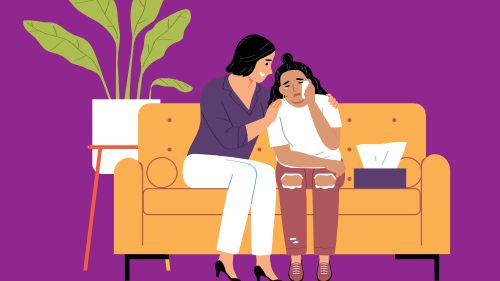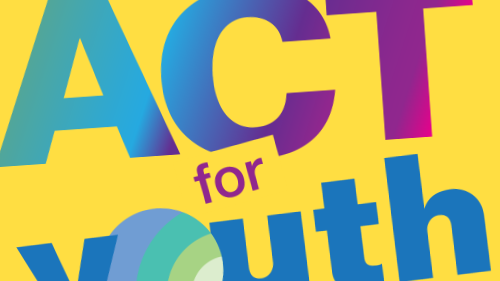The CAPP Model
Comprehensive Adolescent Pregnancy Prevention (CAPP) is an initiative of the New York State Department of Health (NYSDOH) Bureau of Perinatal, Reproductive, and Sexual Health. Serving youth ages 10-21, CAPP program providers seek to advance health equity and improve adolescent health outcomes in communities where they can have the greatest impact. The current iteration of the initiative began in 2023 through a competitive process (see CAPP RFA for more information).
The CAPP model is based on the social-ecological framework, which recognizes that health is a function of interactions between a person and the resources, opportunities, and supports they have access to or are denied. All CAPP providers implement strategies at the ecological levels they identify as most likely to improve outcomes.
The specific aims of the CAPP initiative are to:
- Support youth in practicing health-promoting behaviors and reducing risk behaviors;
- Support youth in practicing health-promoting behaviors and reducing risk behaviors;
- Reduce barriers to preventive reproductive health care services;
- Promote healthy, safe, and nurturing environments and relationships; and
- Identify risk factors and address special needs (medical, psychosocial, developmental) early through accessible and coordinated supports.
The CAPP model is comprised of two programmatic components delivered to priority populations. All CAPP providers have access to the capacity building and evaluation support of ACT for Youth.
Component 1 (C1)
Programmatic Component 1 is focused on comprehensive adolescent sexual health education that ensures access to reproductive health care and family planning services. Component 1 activities must provide for the "offering and arranging" of family planning reproductive health services. "Offering and arranging" is defined as disseminating information about available family planning health services, providing for individual and/or group discussions about all methods of family planning and family planning services, and assisting with arranging visits to a medical family planning provider. These services may be accomplished by assuring or increasing access to sexual health care including family planning services, as well as sexual health evidence-based programs for adolescents.
CAPP providers may also choose to implement evidence-based or best practice parent education strategies to improve parent education on sexual health topics that include education on family planning.
Component 2 (C2)
Through Programmatic Component 2, positive youth development programming, CAPP providers co-create with youth multi-dimensional (educational, social, vocational, economic, and recreational) opportunities to:
- Provide alternatives to sexual activity; and
- Develop skills that can support a successful transition into healthy adulthood.
CAPP providers engage youth in program planning and incorporate best practices into their Component 2 programming. Programs are based on positive-youth development principles and focus on adulthood preparation subjects such as healthy relationships, effective communication, career and education, health care transition, and financial literacy.
Referrals
CAPP providers also actively seek to promote wellness and a successful transition to adulthood by ensuring that youth have access to services that are outside the scope of the initiative. Working with community partners, providers implement strategies to support successful referrals to youth services.
Priority Populations
NYSDOH funds CAPP programs in areas of high need and prioritizes youth populations that are impacted by health disparities including racial and social injustice. Priority populations include youth from racial and ethnic minorities; all youth from socioeconomically disadvantaged communities and/or have special circumstances such as living in foster care; youth who identify as lesbian, gay, bisexual, transgender, and questioning (LGBTQ); youth with special health care needs (including youth with cognitive learning delays, on the autism spectrum, or otherwise learning impaired); youth who are homeless; youth involved in the juvenile justice system; and other marginalized adolescent populations.
CAPP providers are expected to develop and implement specific activities based on the developmental, socio-economic, racial, ethnic, and cultural needs, resources, and perspectives of the populations they serve.
The Role of ACT for Youth
The ACT for Youth Center for Community Action is funded by NYSDOH to provide training, capacity building, and evaluation services to CAPP, PREP, and SRAE providers. Based at Cornell University, ACT for Youth has over two decades of experience and expertise in positive youth development and adolescent health.






